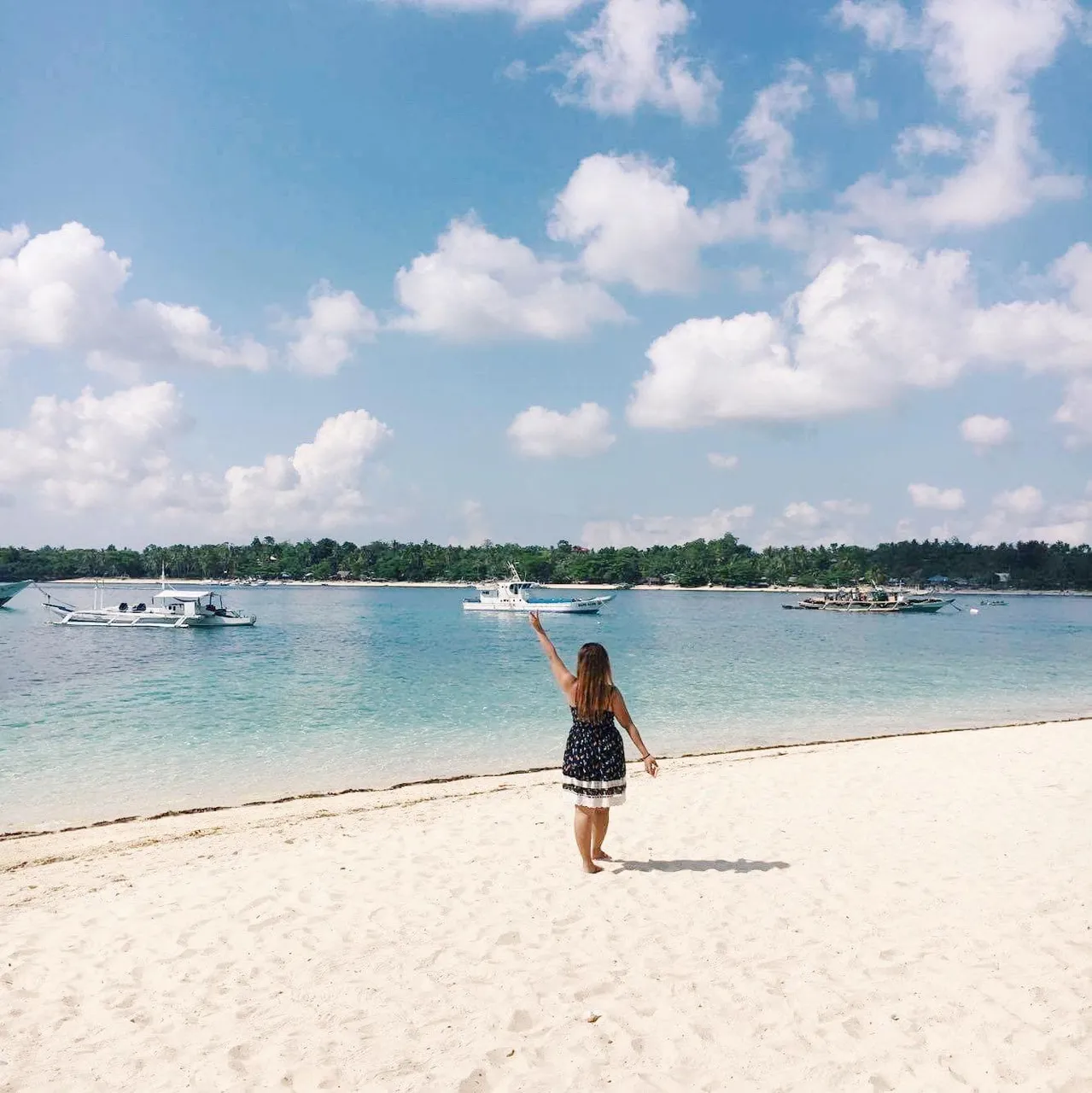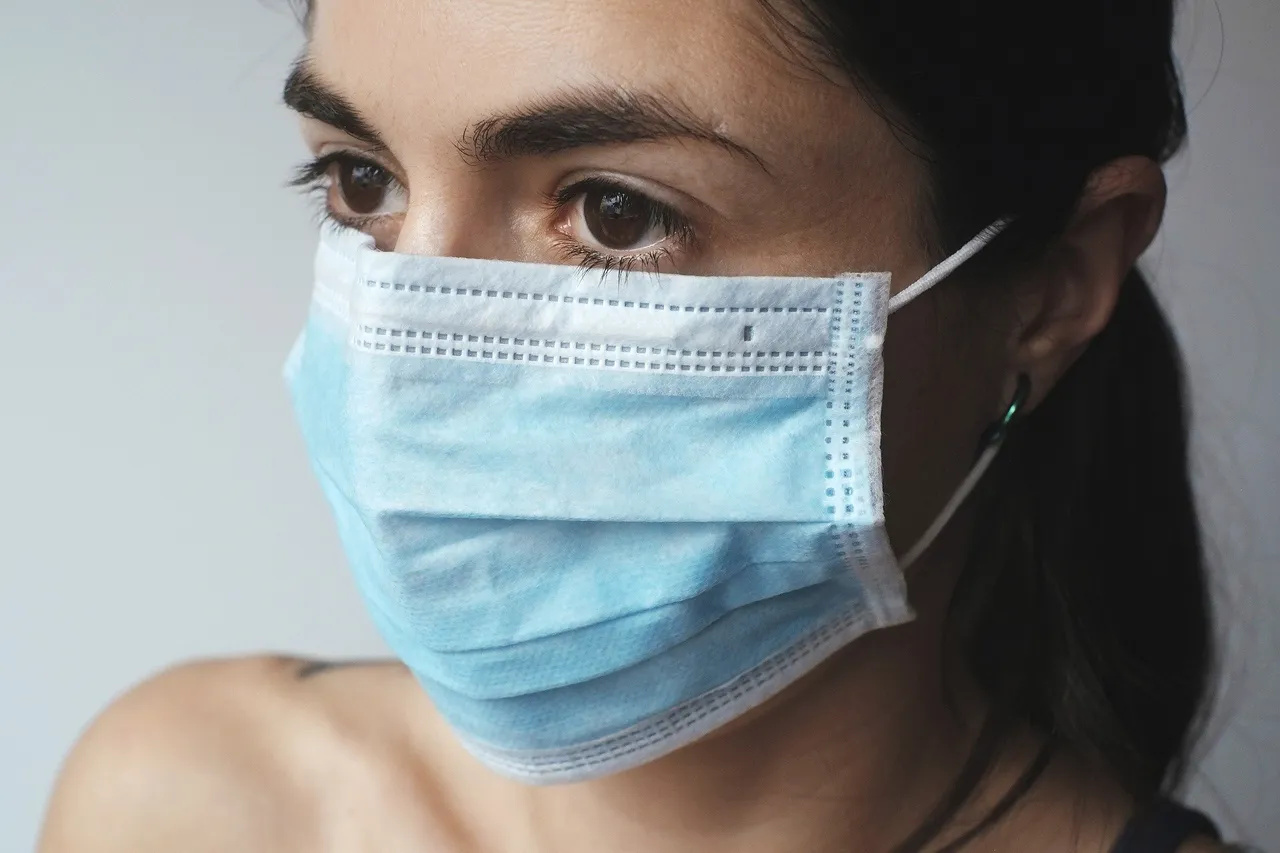
At the epicenter of a storm, it is always calm. Find that center, your center. That’s where you will find strength.
- AVIS Viswanathan
As I personally change, I also saw the world changed. I saw how powerful countries broke down and become vulnerable. I saw how families lost their loved ones and feared for their life. I saw how medical front liners risked their own lives to save another. I saw how businesses went bankrupt as the economy regressed. I saw how countless people lost their jobs. I saw how continents closed its boarders from neighboring countries. I saw how communities forbid people from going out and locked their selves at home. I saw how face masks became a necessity and how it became an everyday important accessory. I saw how other felt anxious about everything that's happening and I too saw myself slowly losing hope that someday we can go back to normal.
What started as a simple flu became a global pandemic. The COVID 19 outbreak undeniably ruined almost everything. Families were left broken, dreams were shattered and we are forced by a global novel virus to keep us contained at home and restructure our timelines.
This global crisis, stirred a lot of negative emotions inside all of us. From anxiety,stress,loneliness,fear and panic undoubtedly this menace is slowly trying to lose our screws. As the COVID 19 pandemic brought unprecedented challenges, we are expected to cope up and live on with our lives as we continue to fight an invincible enemy. However, we are left with a question all of us are faced with...
Is it okay to not be okay in this time of crisis?
VALIDATING YOUR FEELINGS DURING THE COVID 19 PANDEMIC
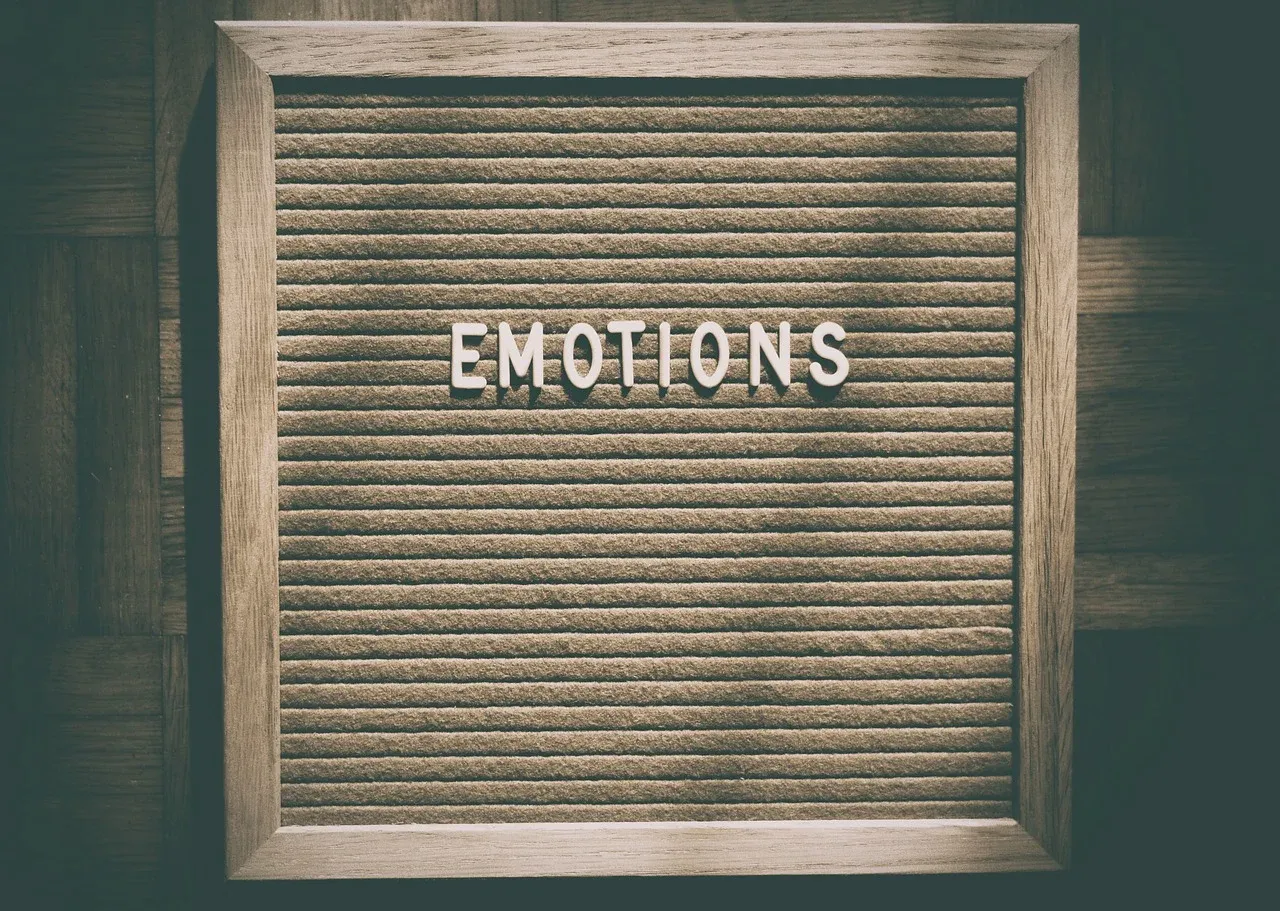
With all these stress and overall whirlwind of emotions, is it safe to say that it is still okay to not be okay?
As human beings, our emotions play a big role on how we govern our lives. During this trying times, allowing ourselves to feel all these kind of feelings is valid and normal. When we face uncertainties and the unknown- anxiety, stress and fear are normal bodily reactions to these perceived threats. According to "WHO or World Health Organization it is totally normal and understandable that people are experiencing fear in the context of the COVID-19 pandemic." So if you have doubts about your erratic feelings being abnormal then think again because your body is just reacting to how it should respond to the danger and fear brought by the virus. It is okay to not be okay, all of which are deemed necessary for us to survive in this emotional turmoil.
Uncertainty and fear activates the autonomic nervous system's fight or flight response which gears the body to face the threat or to run away from one. Once the threat is dealt with, both the mind and the body goes back to its regular programming.
However as of now, COVID 19 is no longer a temporary threat because it's almost a year from when it all began and the ongoing fear and worries for some people have sent the fight or flight response to extreme overdrive.
COPING STRATEGIES NECESSARY FOR YOUR PSYCHOLOGICAL SURVIVAL
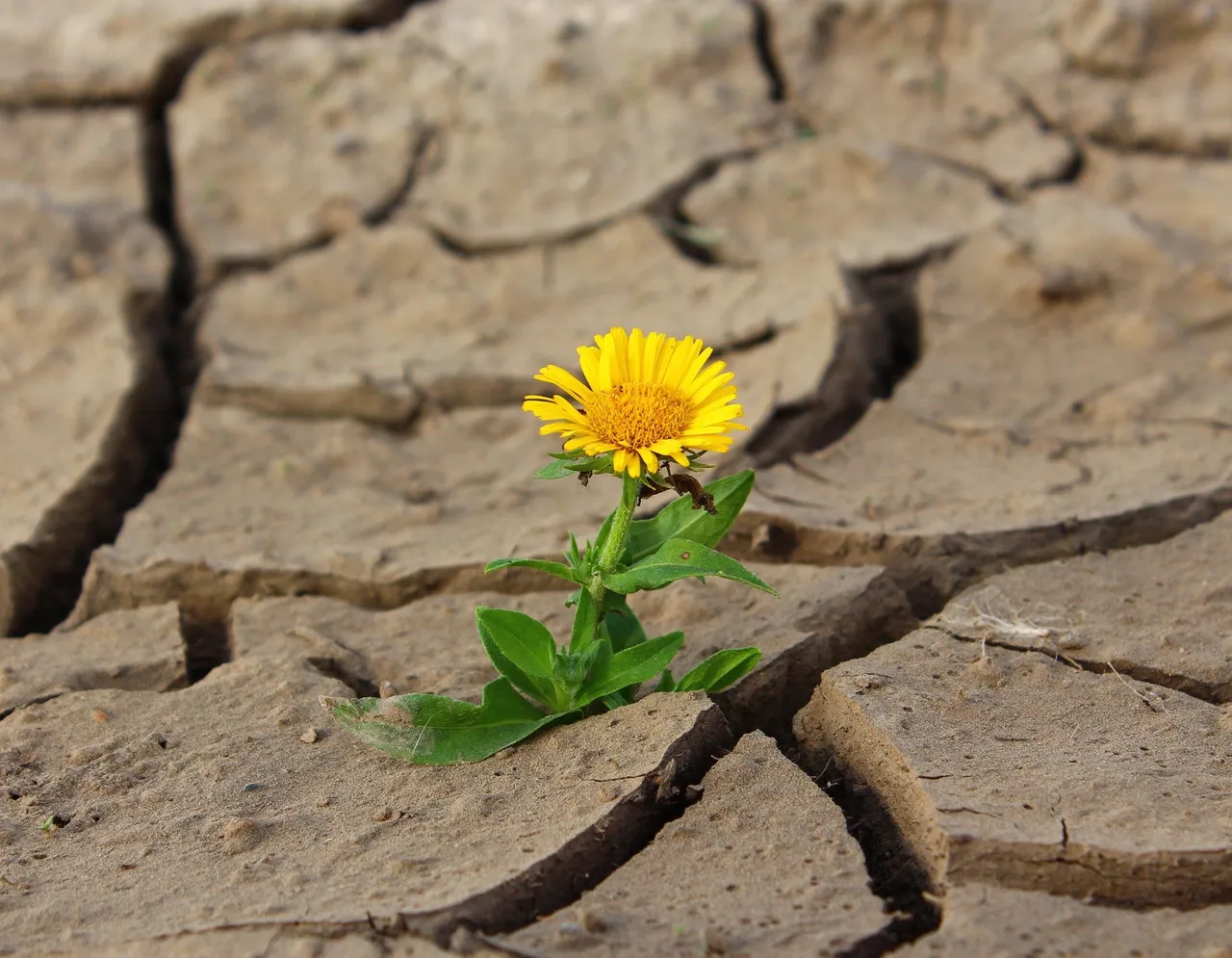
You are not alone. Openly talking about your mental health can lessen the impact of different mental health challenges brought by the pandemic. There are practical ways to cope with these emotions:
Take Care of your Body

Avoid excessive tobacco, alcohol and substance use. Maintain a healthy lifestyle by keeping fit and taking in the important nutrients your body needs to avoid being contracted with the virus. It is very important to have a strong & healthy body to protect ourselves and the ones we loved as well.
Relevant method under this section is to stay physically safe from the virus. In this case, the biggest safety strategies(physical distancing and hand washing) which decrease transmission of the COVID-19 virus, are also an integral part of anxiety management. Stay home when you can. When outside the home, wash your hands and wear your face masks.
Limit Media Consumption

Researchers; Rose Garfin, Roxanne Cohen Silver, and E. Allison Holman discussed the ill effects of consumption of widespread media as it amplifies psychological distress. This media distress may result to excessive amounts of anxiety to people. Individuals may panic dramatically and may resort to unnecessary hoarding of protective gears like face masks which should be prioritized to the most vulnerable and to our medical professionals.
Relax and Recharge

During the whole lock down, I kept myself busy and relaxed by prioritizing my alone time. I listen to music while drinking coffee. I also used all my empty notebooks by writing essays and poems. I watched my favorite shows on Netflix and read lots of books. Whatever it is and whatever you want to do, select a technique that works for you and practice it regularly.
Make Connections

Support a family member or friend. If a family member or friend needs to be isolated for safety reasons or gets sick and needs to be quarantined at home or in the hospital, come up with ways to stay in contact. This could be through electronic devices or the telephone or by sending a note to brighten the day, for example.
Be Kind to your Self & to Others

Find purpose in helping the people around you. For example, email, text or call to check on your friends, family members and neighbors — especially those who are in need of help. If you know someone who can't get out, ask if there's something needed, such as groceries or a prescription picked up, for instance.
Seek Help if Necessary
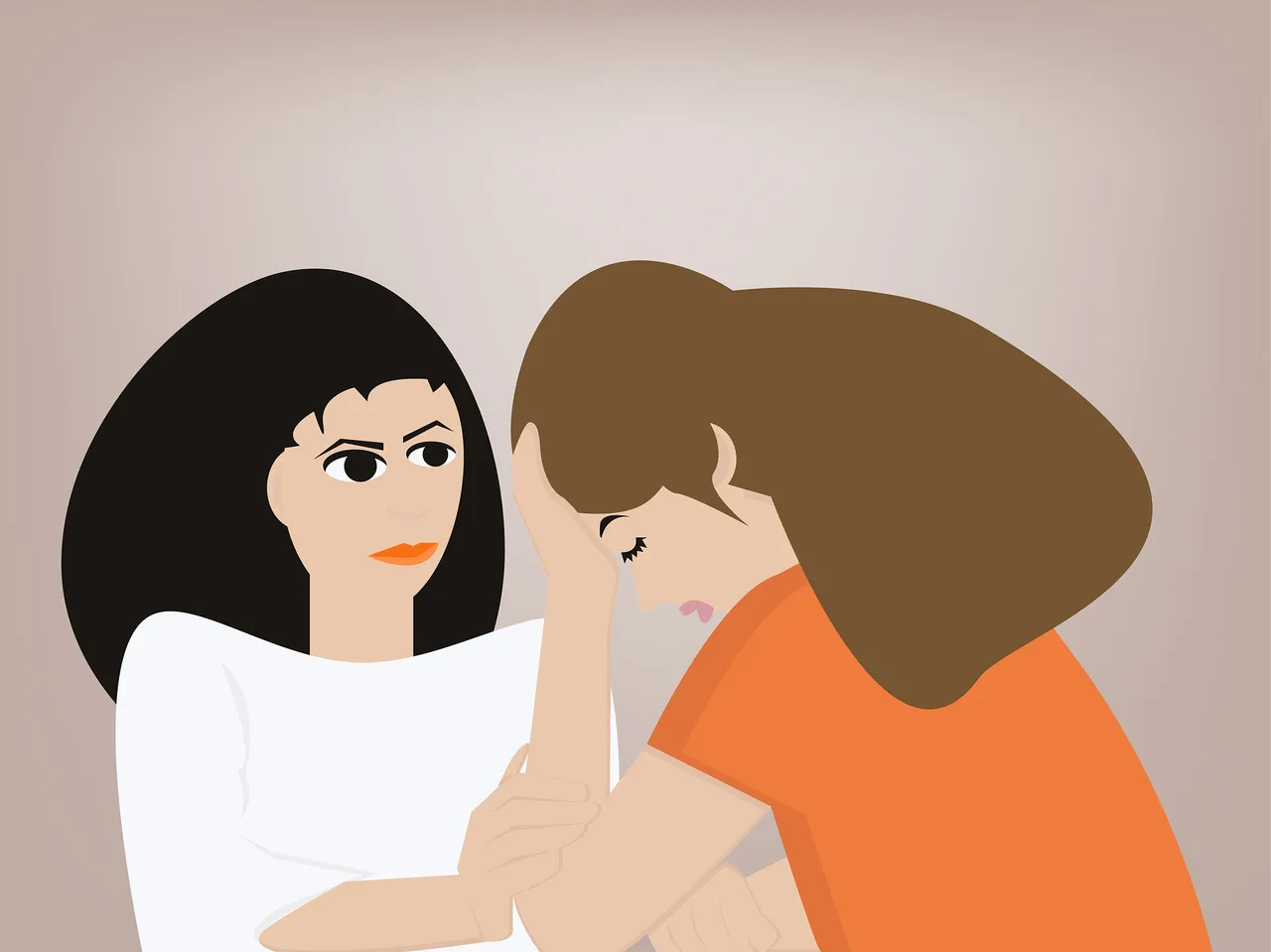
However, If each day still feels like an uphill battle don’t be afraid to seek professional support. Call your mental health care provider if stress gets in the way of your daily activities for several days or weeks in a row. Free mental health services from reliable and trusted professionals are available for you online.
Although everyone reacts differently to stressful situations, remind yourself that you are not alone in this fight against an invincible foe. So remember to cut yourself some slack. For most people, the pandemic has been a once in a lifetime challenge. When judging how well we’ve coped we should practice self-compassion and kindness. Let’s not make things more complicated by criticizing ourselves for failing to cope better.

I have a gentle reminder to all amidst all these chaos:
“Stay, because life is beautiful”.
References:
1. Coping with Stress
2. The Novel Coronavirus (COVID-2019) Outbreak: Amplification of Public Health Consequences by Media Exposure
3. Coronavirus: Mental Health Coping Strategies
4. Emotional Well-Being and Coping During COVID-19
5. This is your body and brain on coronavirus quarantine
Further Reading:
- Coronavirus: Demand for face masks creates shortfall for those in real need. (2020, February7). U.N.
- Thompson, R. R., Garfin, D. R., Holman, E. A., & Silver, R. C. (2017). Distress, worry, and functioning following a global health crisis: A national study of Americans’ responses to Ebola. Clinical Psychological Science, 5, 513–521.
- Wang, Y., McKee, M., Torbica, A., & Stuckler, D. (2019). Systematic literature review on the spread of health-related misinformation on social media. Social Science & Medicine, Article 112552.
- Garfin, D. R., Silver, R. C., & Holman, E. A. (2020). The novel coronavirus (COVID-2019) outbreak: Amplification of public health consequences by media exposure. Health Psychology, 39(5), 355-357.
Images from Pixabay:
1.,2,3.,4.,5.,6.,7.,8.,9.,10.
Last picture is taken from my Samsung A20 mobile phone.
Love & Light,
